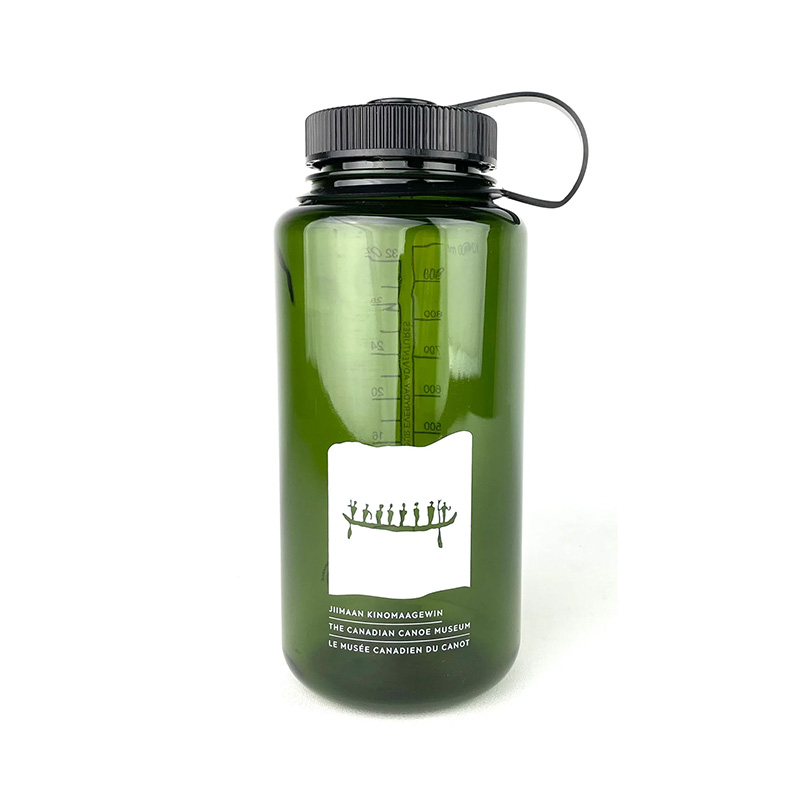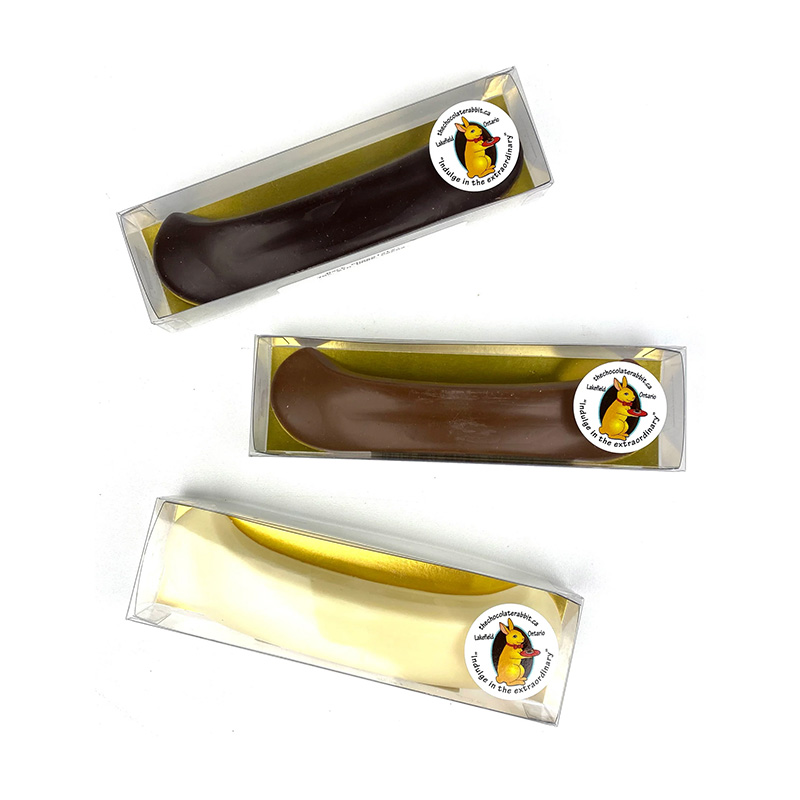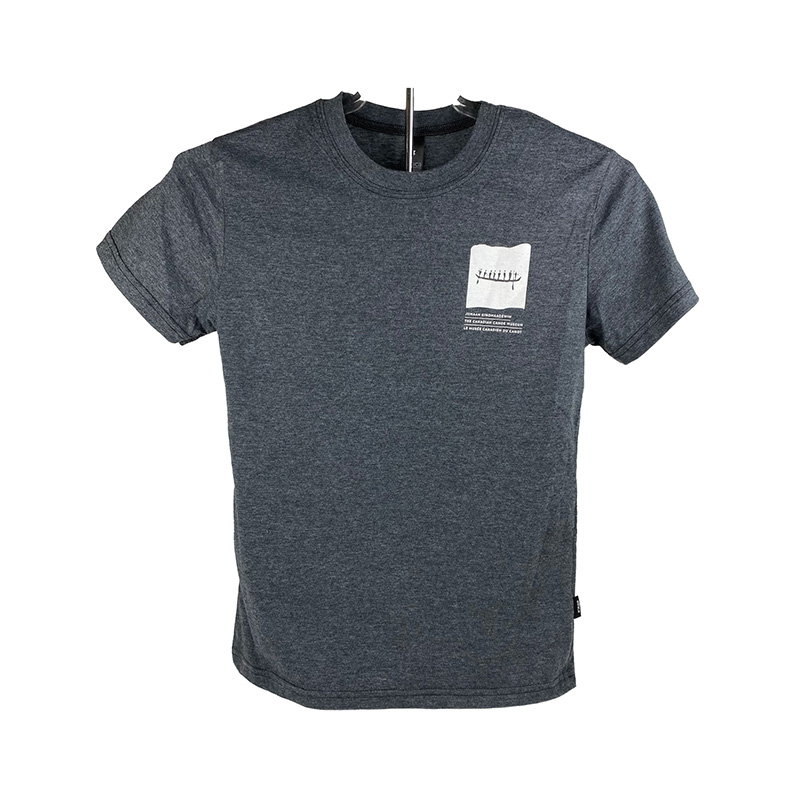Plan Your Visit
Visit The Canadian Canoe Museum and discover adventure, learning, and connection!
Get startedPlan Your Visit
Embrace new experiences in our new state-of-the-art Museum on the shores of Little Lake.
Whether you are exploring incredible stories through the canoes in our Exhibition Hall, getting your hands dirty at the Campfire Pit or in the Artisan Studio, enjoying Little Lake from a canoe, or building a connection at the Gathering Circle or the Silver Bean Cafe, you are bound to make memories and learn something new with every visit!
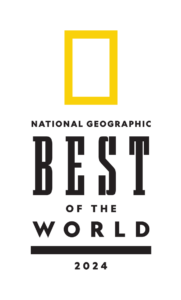
Named one of the Best Cultural Spots on National Geographic’s Best of the World 2024, the brand’s annual guide of the most exciting, meaningful, and one-of-a-kind travel experiences for 2024!
Hours of Operation
The Museum’s Exhibition Hall, Store, and Lakefront Campus all have the same hours of operation.
The Cafe will open 1 hour earlier than the rest of the Museum, and food will no longer be served 1 hour before closing. Baked goods, ice cream, and beverages will still be available.
| Daily | 10:00 AM to 5:00 PM |
| Thursday | 10:00 AM to 8:00 PM |
Accessibility
The Canadian Canoe Museum is committed to accessibility and is thrilled that our new home was built with accessibility at the forefront of our minds.
The Museum is fully accessible to those using mobility devices. Entrances, ramps, elevators, and washrooms are accessible, and the Lakefront Campus features a year-round accessible boardwalk that connects all outdoor areas to the Museum. We are also proud to feature an adaptive canoe and kayak launch station!
The Museum features visual, tactile, and auditory experiences throughout the indoor and outdoor spaces to engage visitors who have hearing and visual impairments, as well as all types of learners. Educational resources are available in a variety of formats.
Seating is available throughout indoor and outdoor spaces.
A support person who holds an Access 2 Card and is accompanying a visitor with disabilities is provided free admission to The Canadian Canoe Museum.
Service animals are welcome in all public-facing areas of the museum, including the Silver Bean Cafe. Service animals must have visible identification and those without visible identification may be asked for documentation from a healthcare provider. We request guests with non-traditional service animals to contact the Museum in advance of their visit.
While pets are not permitted inside the Museum or the Silver Bean Cafe, leashed pets are welcome on our outdoor campus and on the patio of the Silver Bean Cafe. We kindly ask that you pick up after your pets, and that they don’t disrupt any programming or other café or Museum patrons.
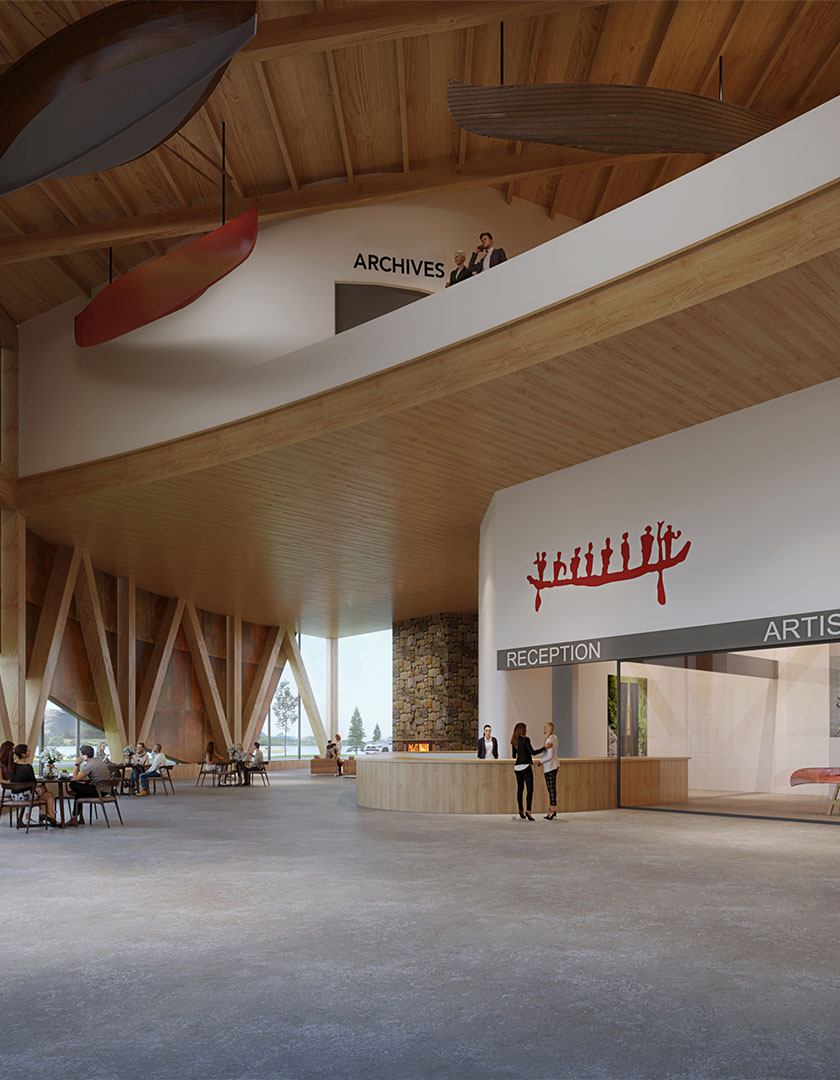
Admission & Tickets
Set against the beautiful backdrop of Little Lake, our newly constructed museum and waterfront campus at 2077 Ashburnham Drive offers the ultimate visitor experience.
Book your tickets in advance and save your dates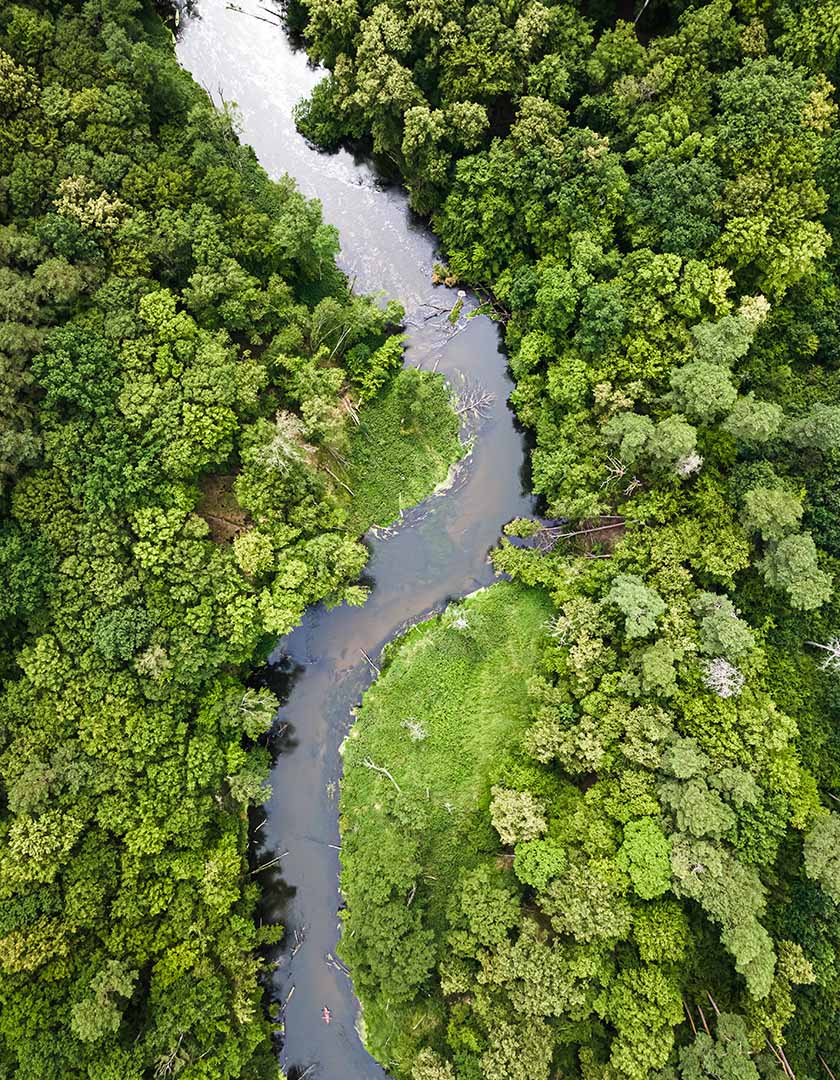
Getting Here
We are located on the shores of Little Lake in Peterborough, Ontario. Whether you are arriving on foot, on wheels, or on the water, we can’t wait to welcome you!
Plan your trip to The CanadianCanoe Museum
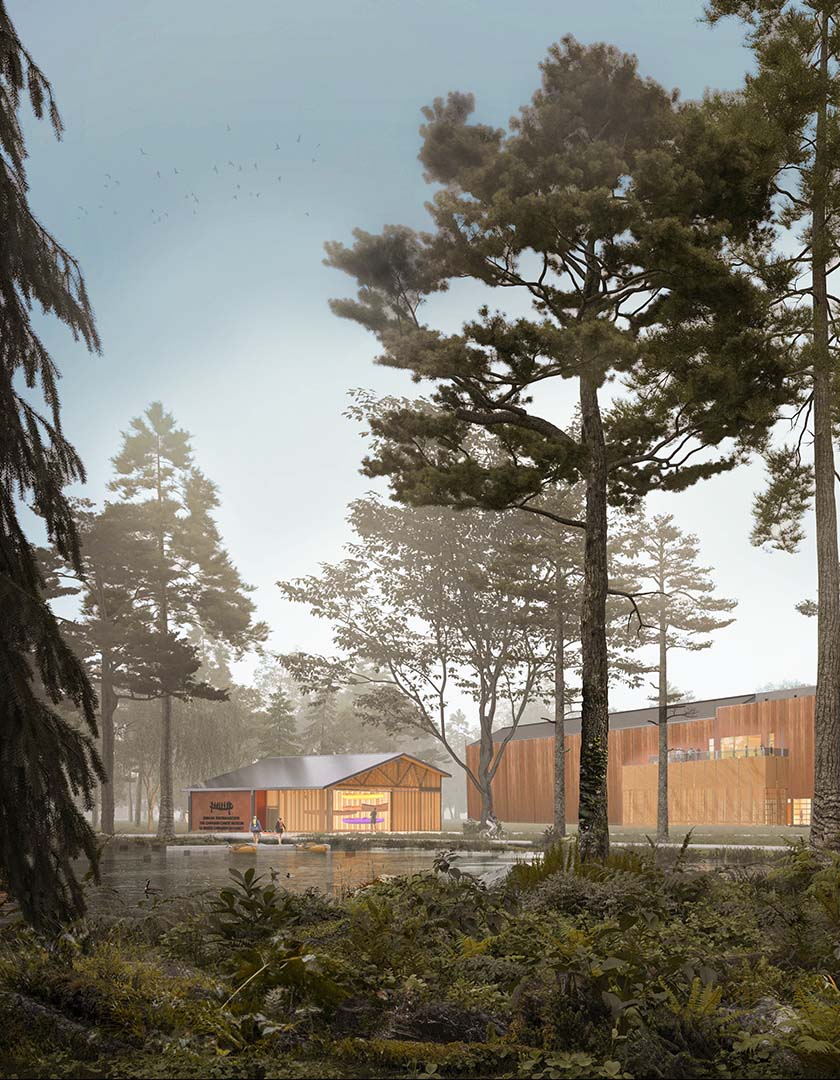
The Lakefront Campus
The Lakefront Campus offers vibrant public spaces and immersive experiences that encourage visitors and the public to connect to the land, water, and one another!
Discover paddling experiences, our campfire pit, and gathering circle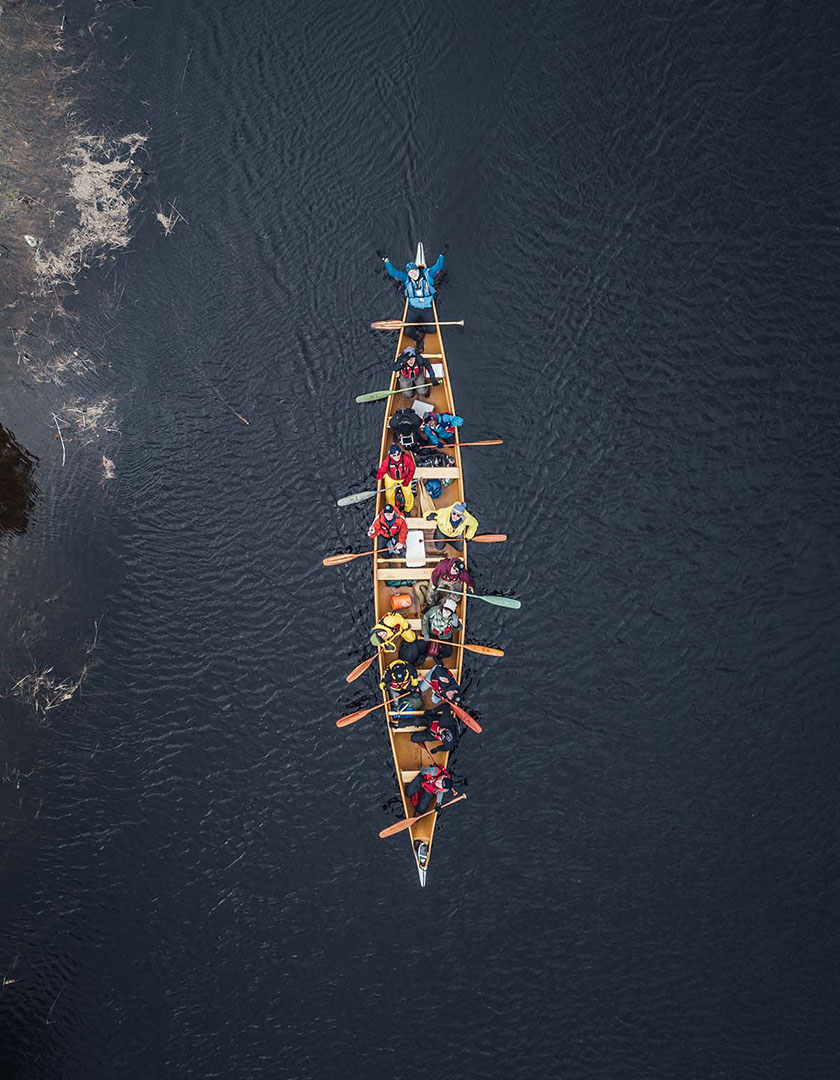
Paddling Experiences
Experience the canoe as it’s meant to be experienced: on the water. We have several options for you to get on the water, suitable for all paddling abilities. Explore canoe and kayak rentals, Voyageur Canoe Tours, and how to bring your own canoe or kayak.
Paddle at the Museum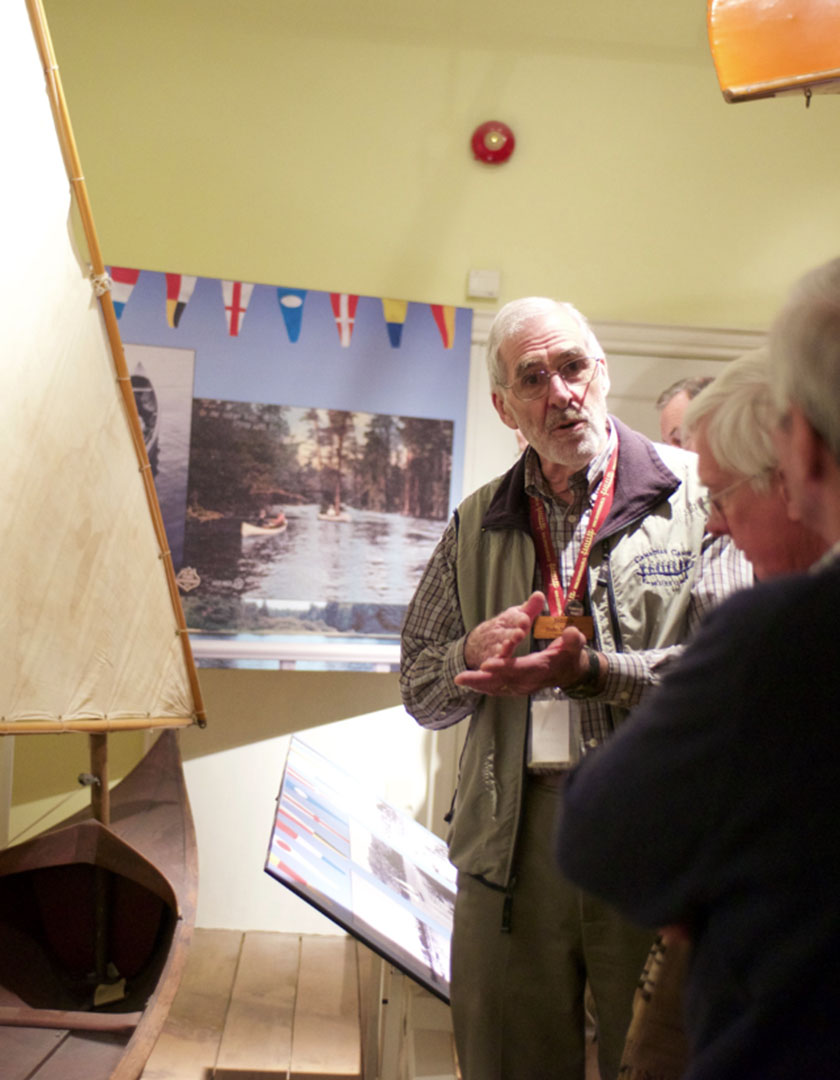
Tours
Experience a captivating journey through The Canadian Canoe Museum’s new exhibits with a tour. Led by trained docents, these tours offer a deeper understanding of the Museum’s collection, builders, and storytellers, enriched with fascinating behind-the-scenes stories.
Reserve a spot on an exhibition tour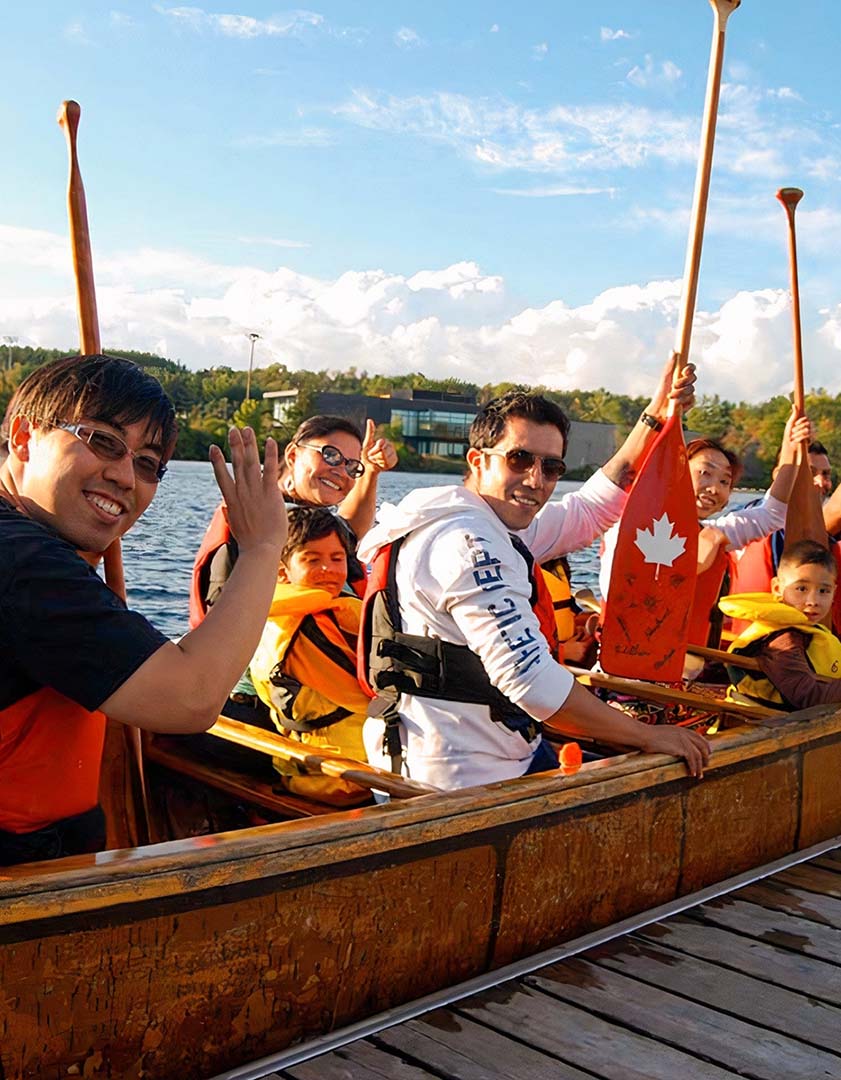
Group Visits
Visiting the Museum with a large group of friends or for a special event or interest group? We invite you to request a reservation and learn about group size and rates. Let us accommodate your group visit and ensure experiences are filled with wonder!
Check out group sizes and rates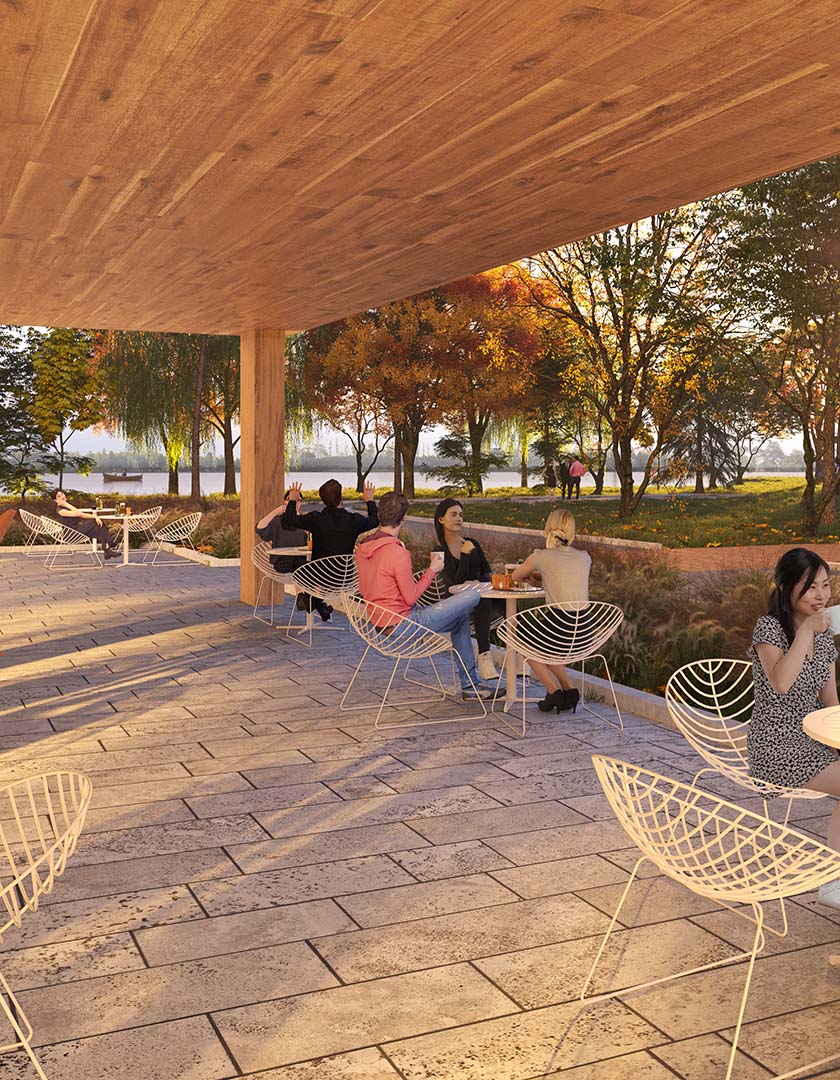
Shop & Cafe
Whether you’re visiting the Museum to see our world-class collection, grabbing a coffee to go, or popping in for some lunch and shopping, The Canadian Canoe Museum’s atrium is open to the public and visitors alike – no need to purchase admission.
Explore our shop & the Silver Bean Cafe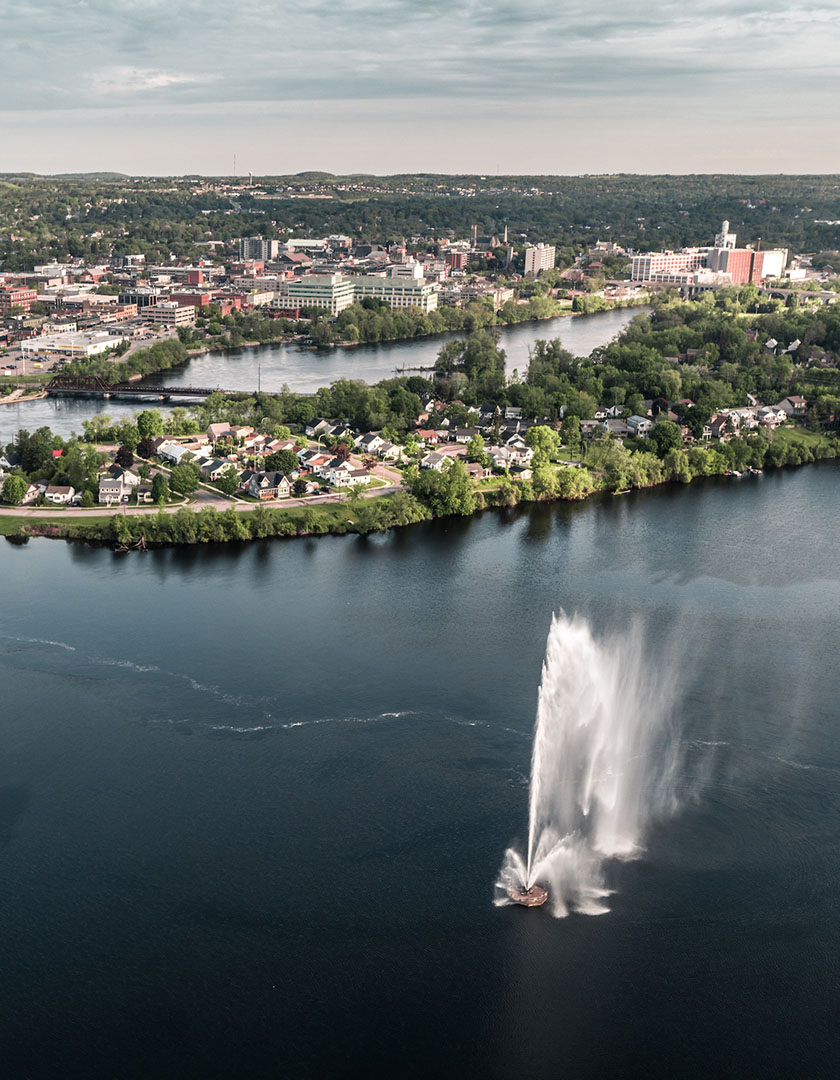
Tourism Information
Seeking a uniquely Canadian experience exploring history and the outdoors by canoe? The Canadian Canoe Museum offers visitors and visiting groups unforgettable memories while Peterborough and The Kawarthas’ other attractions ensure trips are something special every time.
Plan a visit now!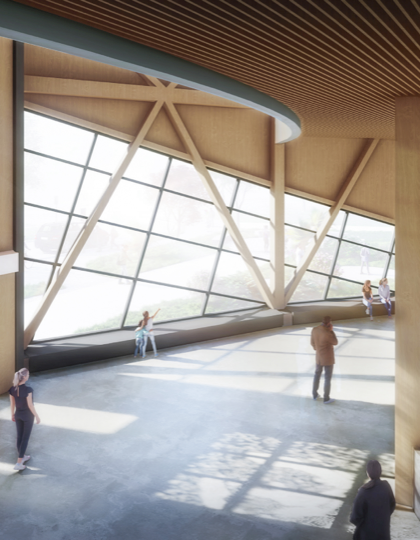
What to Expect
Planning your visit to The Canadian Canoe Museum and wondering what exactly to expect? Details about our facility features and amenities, accessibility, and frequently asked questions address any questions or curiosities you have before visiting.
Learn more before you visitCurrent Exhibitions
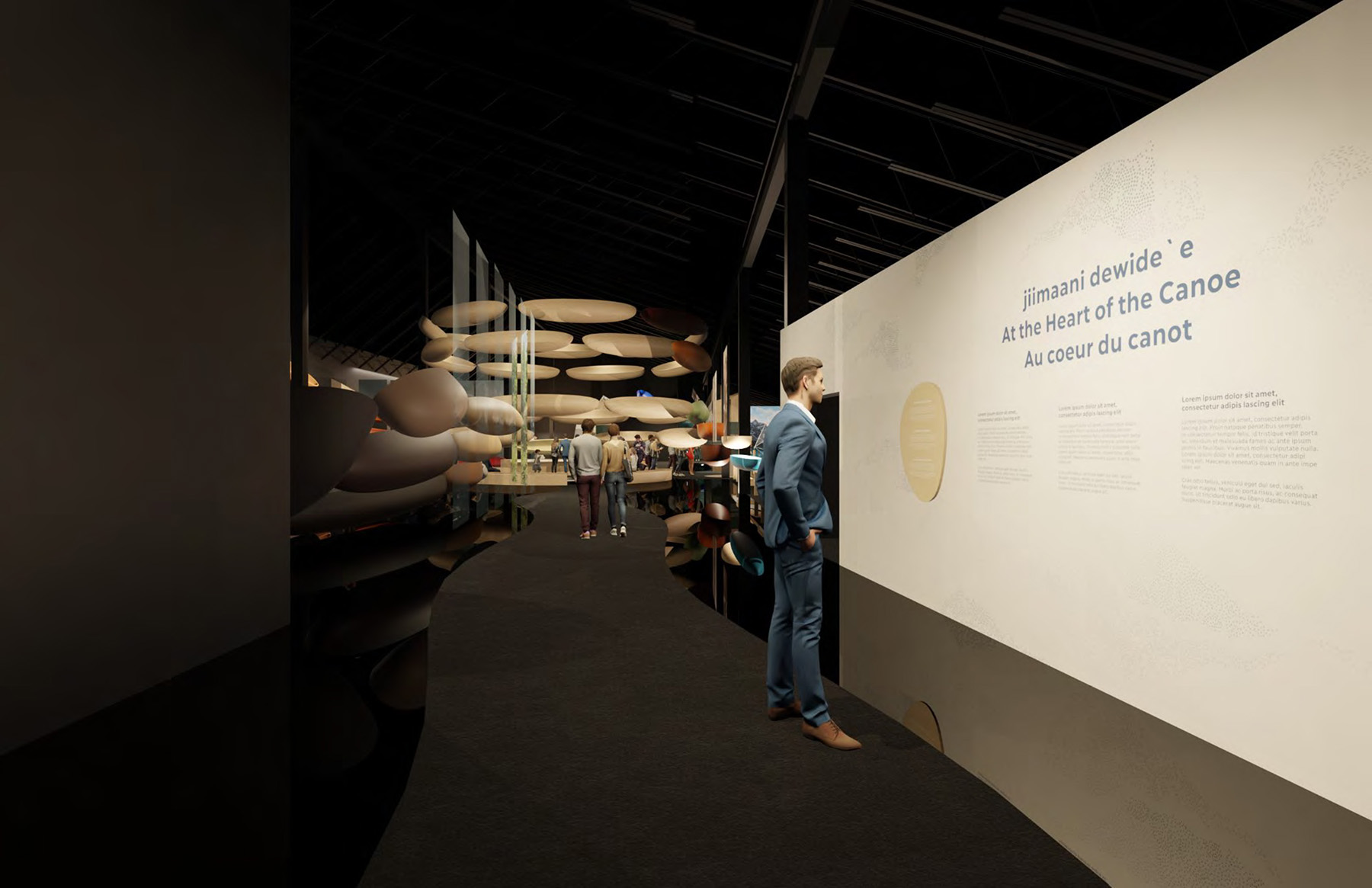
Explore the Collections
Canoes, kayaks, and paddled watercraft can be linked to human, cultural, and historical experiences throughout all of time. These vessels serve as a lens to understand the world, reminding us that we are all connected by water.
The Canadian Canoe Museum is sharing these stories in new and engaging ways in our new 20,000-square-foot Exhibition Hall with hands-on elements, immersive components, and collaborative content throughout.
Learn MoreChoose Your Adventure
Embark on a journey through The Canadian Canoe Museum’s galleries with our captivating Exhibition Tours! Whether you crave an in-depth exploration or a quick overview, our docents will guide you through the incredible stories and people behind the more than 100 watercraft on display!
Deep Dive Tours: Dive into the stories of the collection daily at 10:30 A.M. Book now for an immersive 1.5-hour experience at $20 per person.
Speedy Paddler Tours: Short on time? Join us daily at 1:00 P.M. for a complimentary 20-minute journey with the purchase of a general admissions ticket (first come, first served).
Learn more about ToursAn Algonquin birch bark canoe built by William and Mary Commanda of Kitigan Zibi, Quebec. (Photo Credit: Michael Cullen)

